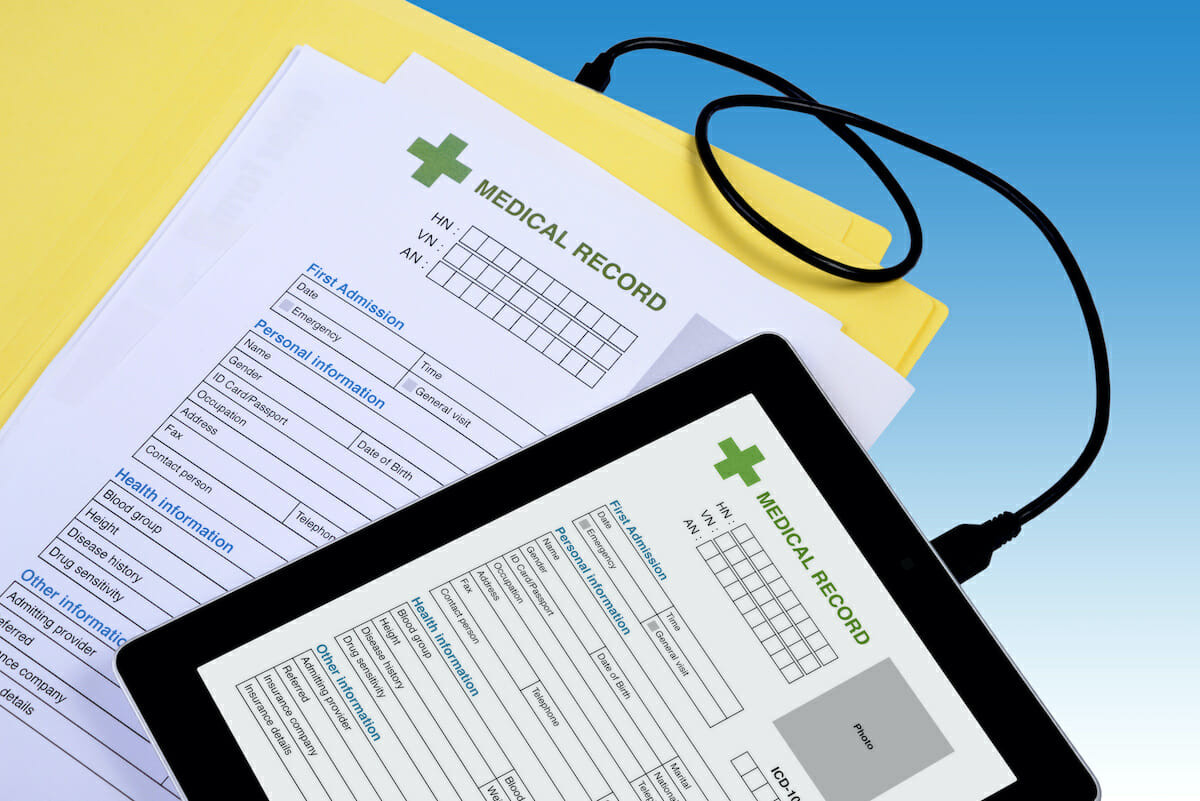Why is your personal health information so important? Well, you never know when you’ll need it, but when you do, it can be a matter of life and health. Imagine for example, victims of hurricanes, tornados, fires or floods, whose homes, businesses, and records were all suddenly destroyed. Even if you never have an emergency, it’s probably a good idea to keep centralized records of your health information and that of family members in your care.
Personal Health Records (PHRs) provide a single record of all the health care received throughout your lifetime, including copies of the official medical records kept by hospitals and doctors’ offices as well as information supplied by you as the patient. The PHR is like a bibliography of your health history.
How you choose to use your PHR will help determine what form it takes. Whether or not you choose to share information in your PHR with your healthcare provider is up to you. It can be as short and simple or as lengthy and detailed as you like. It can be in the form of a folder that you keep in a drawer, or electronic files on a flash drive or a combination of data sources compiled and maintained by you.
A PHR is a collection of an individual’s medical documentation maintained by the individual themselves, or a caregiver, in cases where patients are unable to do so themselves. This personal information includes details such as:
- The patient’s medical history
- Applicable diagnoses
- Historical and ongoing medications, including over-the-counter and alternative treatments
- Past medical and surgical interventions
- Immunization status
- Allergies and other relevant medical conditions that can impact the delivery of emergency care (e.g., Type 1 diabetes, etc.)
- Blood type
- Whom to contact in the event of an emergency
- Insurance information
- Contact information for the patient’s regular health providers
Any other information the patient feels is pertinent may also be included. This contrasts with electronic medical records and electronic health records (EMR and EHR), which are usually maintained by the treating physician or hospital to provide medical care and for billing purposes.
If you plan to share information in your PHR with your healthcare provider, then you may wish to consider a format that is compatible with the format or system they use. You control the amount of information in your PHR that is accessible to others.
Ultimately, the more complete and accurate your health information is, the better prepared you are to play an active role in the quality of your healthcare.
For a free PHR template, visit https://www.pdffiller.com. After you fill out the form, you can save it electronically on a flash drive or in your iCloud account.
Sources: https://www.healthit.gov/faq/what-personal-health-record;









